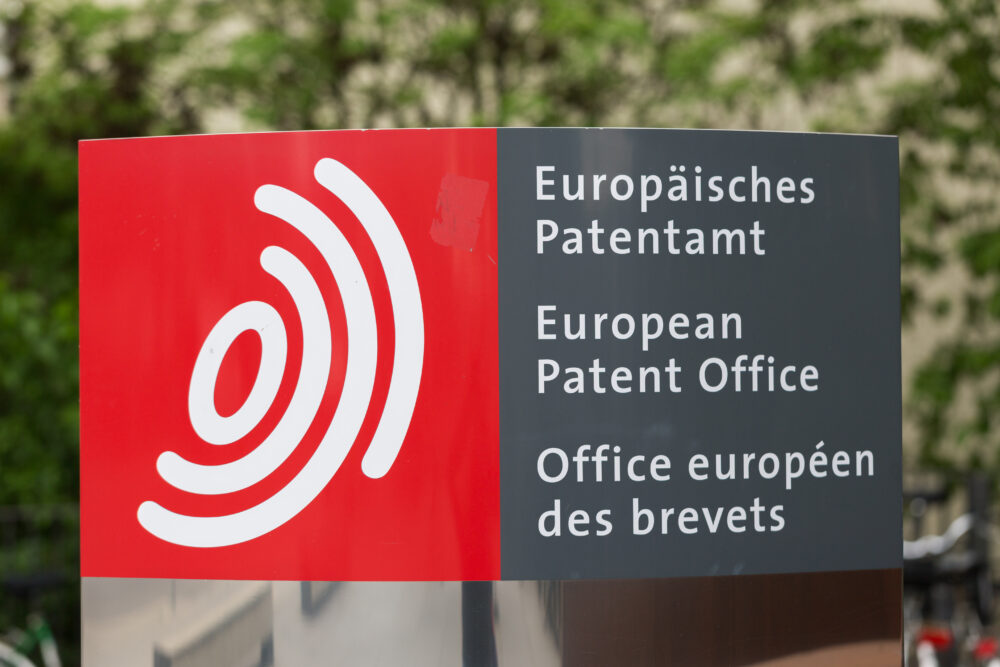or how the Boards of Appeal of the European patent office claimed their independence from the European Commission
In a landmark decision published on February 5, 2019, the Board of Appeal of the European patent office (EPO) decided that plants exclusively obtained by an “essentially biological process” could be patentable after all.
Case T1063/18 concerns the appeal Syngenta lodged against the decision of the EPO Examiner to refuse European patent application EP 2 753 168 for the sole reason that it considered the claimed green pepper with improved nutritional value, to fall within the exception to patentability according to Rule 28(2) EPC.
This case is a strong positive signal in the interest of the food and agriculture actors. It also marks the independence of the EPO’s Boards of Appeal who chose to follow the law rather than political pressure from the European Union (EU).
The story goes back to the so-called “Tomato” and “Broccoli” G 2/12 and G 2/13 Decisions of March 2015, when the EPO’s Enlarged Board of Appeal interpreted the exceptions of Article 53(b)EPC.
Article 53(b)EPC: “European patents shall not be granted in respect of […] plant […] varieties or essentially biological processes for the production of plants […]; this provision shall not apply to microbiological processes or the products thereof”
According to this Article, plant varieties per se are not patentable, while transgenic plants are. The question raised in the Tomato and Broccoli cases was whether plants which are non-transgenic but are obtained, or are obtainable, by mere selections and crossings (considered as essentially biological processes), could be patentable inventions.
The EPO’s Enlarged Board of Appeal hold that this Article did NOT cover such plants obtained (or obtainable) by essentially biological processes, which plants could thus be patented.
The European Commission was not so happy with these Decisions. In a Notice published in November 2016, the Commission took the view that the EU legislator’s intention when adopting Article 4 of the EU Biotechnology directive 98/44/EC (from which Article 53(b)EPC derives), was to exclude from patentability products that are obtained by means of essentially biological processes.
In light of that Notice, in June 2017, the Administrative Council of the EPO, although not a body of the European Union, inserted a new Rule in the Implementing Regulations of the European Patent Convention, following the view of the Commission.
Rule 28(2)EPC: “Under Article 53(b), European patents shall not be granted in respect of plants or animals exclusively obtained by means of an essentially biological process”.
While the Examining Division dealing with the Syngenta patent application relied on Rule28(2)EPC to refuse the application, the technical Board of Appeal, in an enlarged composition consisting of three technically and two legally qualified members, decided that i) Rule 28(2) EPC was in clear conflict with Article 53(b) EPC as interpreted by the Enlarged Board of Appeal in decisions G 2/12 and G 2/13.; and ii) that the Article prevailed, In compliance with Article 164(2)EPC.
Article 164(2)EPC: “In case of conflict between the provisions of this Convention and those of the Implementing Regulations, the provisions of this Convention shall prevail”.
In other words, the Rule was void.
In this very articulate decision, the Board first strongly pointed out that it was not bound by a Notice of the European Commission. It then noted that it was bound by the Tomato and Broccoli decisions of the Enlarged Board of Appeal, referring to Rules of Procedure of the Boards of Appeal (RPBA), Art. 21: “Should a Board consider it necessary to deviate from an interpretation or explanation of the Convention contained in an earlier opinion or decision of the Enlarged Board of Appeal, the question shall be referred to the Enlarged Board of Appeal”. The Board in the present case affirmed that “an interpretation of the EPC by the EBA [Enlarged Board of Appeal] is thus to be applied to all cases pending before the departments of the European patent office and before the Boards of Appeal and in all subsequent cases, unless the EBA provides transitional dispositions”.
The Board could not see how the conflict could be resolved by way of interpretation, and could not see any reason to deviate from the Tomato and Broccoli jurisprudence.
At last the Board confronts the EPO’s Administrative Council which competence “does not extend to amending an Article of the Convention, here Article 53(b)EPC”. A diplomatic conference is indeed required to implement any substantive change of the European Patent Convention. Will that be the next episode of the saga? The Board further seems to leave another small window open: should the Court of Justice of the European Union (CJEU) decide that the Notice of the European commission is a legal interpretation of the Biotech Directive, then the situation might be revised (again). The Boards of Appeal won the set, by reaffirming their independence. The match is not finished yet.
In the meantime, Applicants claiming plants obtained by essential biological processes should run to get their patents granted.




